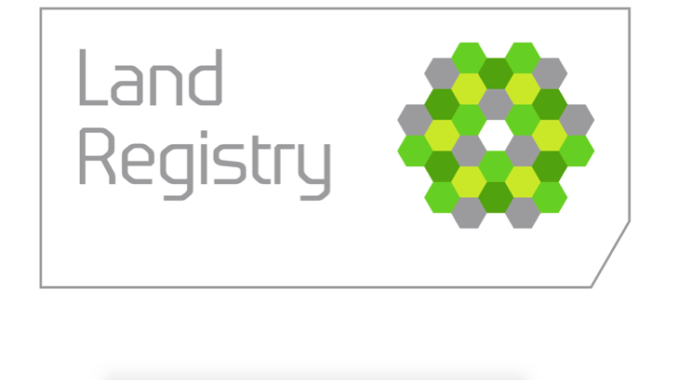
In a rather unusual UK Government press release, the Land Registry, which retains the official details of all real estate and land ownership, has indicated that it may ‘potentially explore blockchain’ technology.

For many years people have suggested that blockchain tech, which can be seen by multiple permissioned parties at once and holds a single ‘version of the truth’, is the perfect solution to today’s complex and slow property conveyancing process. It would also massively reduce the costs of managing and transmitting all that property data. Moreover, it would undoubtedly change how property lawyers dealt with the legal paperwork around transactions, potentially reducing the need for their input.
In which case, for the UK Land Registry to even say: ‘[We will be] working with the private sector to research and test new digital registers, potentially exploring blockchain,’ is an important step and marks another milestone in the normalisation of blockchain tech, even if they haven’t gone as far as launching a formal test of the technology.
The possible study of blockchain for UK land and property ownership is part of a broader digitisation strategy at the Land Registry called ‘Digital Street’, which although perhaps less radical in most of its aims shows a general interest in updating how the UK’s property assets are recorded and transacted.
Graham Farrant, Chief Executive and Chief Land Registrar said: ‘To our many stakeholders, I would ask you to join, support and partner with us as we explore how through digital technology we can work together to make conveyancing quicker, cheaper and simpler for everyone.’
‘Alongside the key role we already play in the property market, our transformation will help support the UK in developing a vibrant and innovative digital economy. Our plans not only involve the digitisation of our existing services but we will explore how, through new digital technology, we can help to potentially release even more value from the Land Register,’ he added.
It’s also worth noting that Sweden’s land registry started a trial of blockchain tech last June (2016) and completed its second phase of testing in April this year. Looks like the idea is spreading…